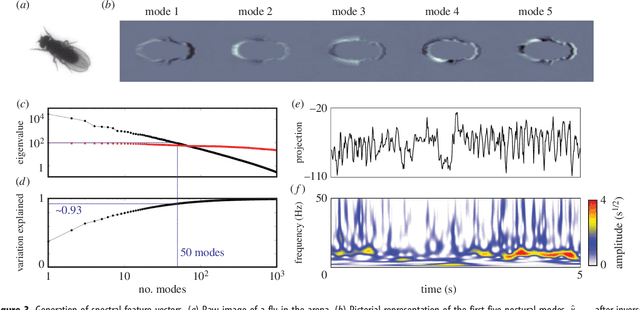Gordon J. Berman
Inferring the time-varying coupling of dynamical systems with temporal convolutional autoencoders
Jun 05, 2024



Abstract:Most approaches for assessing causality in complex dynamical systems fail when the interactions between variables are inherently non-linear and non-stationary. Here we introduce Temporal Autoencoders for Causal Inference (TACI), a methodology that combines a new surrogate data metric for assessing causal interactions with a novel two-headed machine learning architecture to identify and measure the direction and strength of time-varying causal interactions. Through tests on both synthetic and real-world datasets, we demonstrate TACI's ability to accurately quantify dynamic causal interactions across a variety of systems. Our findings display the method's effectiveness compared to existing approaches and also highlight our approach's potential to build a deeper understanding of the mechanisms that underlie time-varying interactions in physical and biological systems.
Mapping the stereotyped behaviour of freely-moving fruit flies
Aug 12, 2014



Abstract:Most animals possess the ability to actuate a vast diversity of movements, ostensibly constrained only by morphology and physics. In practice, however, a frequent assumption in behavioral science is that most of an animal's activities can be described in terms of a small set of stereotyped motifs. Here we introduce a method for mapping the behavioral space of organisms, relying only upon the underlying structure of postural movement data to organize and classify behaviors. We find that six different drosophilid species each perform a mix of non-stereotyped actions and over one hundred hierarchically-organized, stereotyped behaviors. Moreover, we use this approach to compare these species' behavioral spaces, systematically identifying subtle behavioral differences between closely-related species.
 Add to Chrome
Add to Chrome Add to Firefox
Add to Firefox Add to Edge
Add to Edge